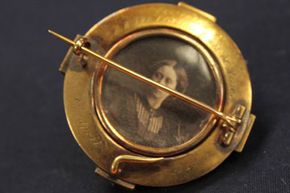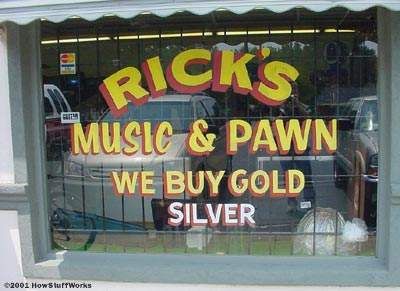If it weren't for a long, storied tradition of auction houses, there would be no eBay, and, sadly, the possibility of bidding on a potato chip purported to be in the shape of Elvis might not exist. According to the National Auctioneers Association, auctions go back as far as 500 B.C., and besides the usual household sundry items at that time, the offerings included a potential wife to go along with that new mortar and pestle.
Today items run the gamut, and, thankfully, none include a young maiden with a dowry of four goats.
Advertisement
To find out more about auction houses, auctioneers and the fascinating paraphernalia that show up on the auction block, we turned to the CEO and founder of Auctions Systems Auctioneers and Appraisers, Deborah Weidenhamer, whose company and its auctioneers are featured in AUCTIONEER$ airing on TLC.
The show goes behind the scenes to give you a glimpse into the world of auctions, a place filled with the stuff of our imagination. So where do auction houses get this stuff?
Advertisement





